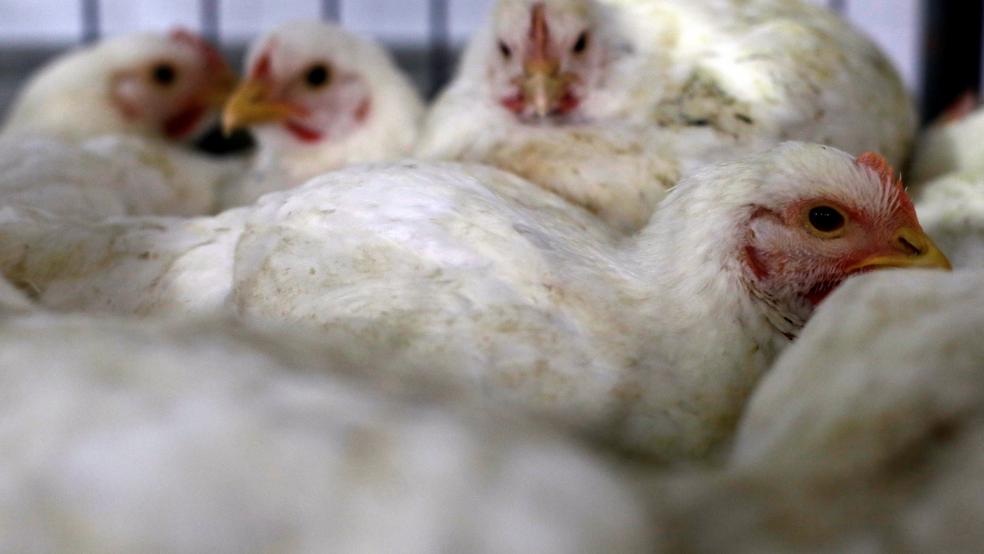The IRS appears to have settled one of the most vexing – or at least joke-worthy – questions it has faced in recent years: Are live Peruvian chickens the equivalent of cash?
The question arose as U.S. businesses struggled to understand the new tax rules governing their foreign holdings. One company asked Chip Harter, deputy assistant secretary for international tax affairs at the Treasury Department, whether live chickens in Peru were cash-equivalents and thus eligible for a lower tax rate.
The Wall Street Journal’s Richard Rubin tweeted Thursday that "the IRS seems to have decided that live Peruvian chickens are not, in fact, equivalent to cash," despite the thriving market for the creatures. As a result, a lower tax rate will be applied to chickens – and, presumably, other animals – owned by U.S. companies in Peru and elsewhere overseas.
Those trading chicken futures, however, are out of luck: it looks like poultry futures contracts will be treated as cash equivalents and thus face a higher tax rate.




